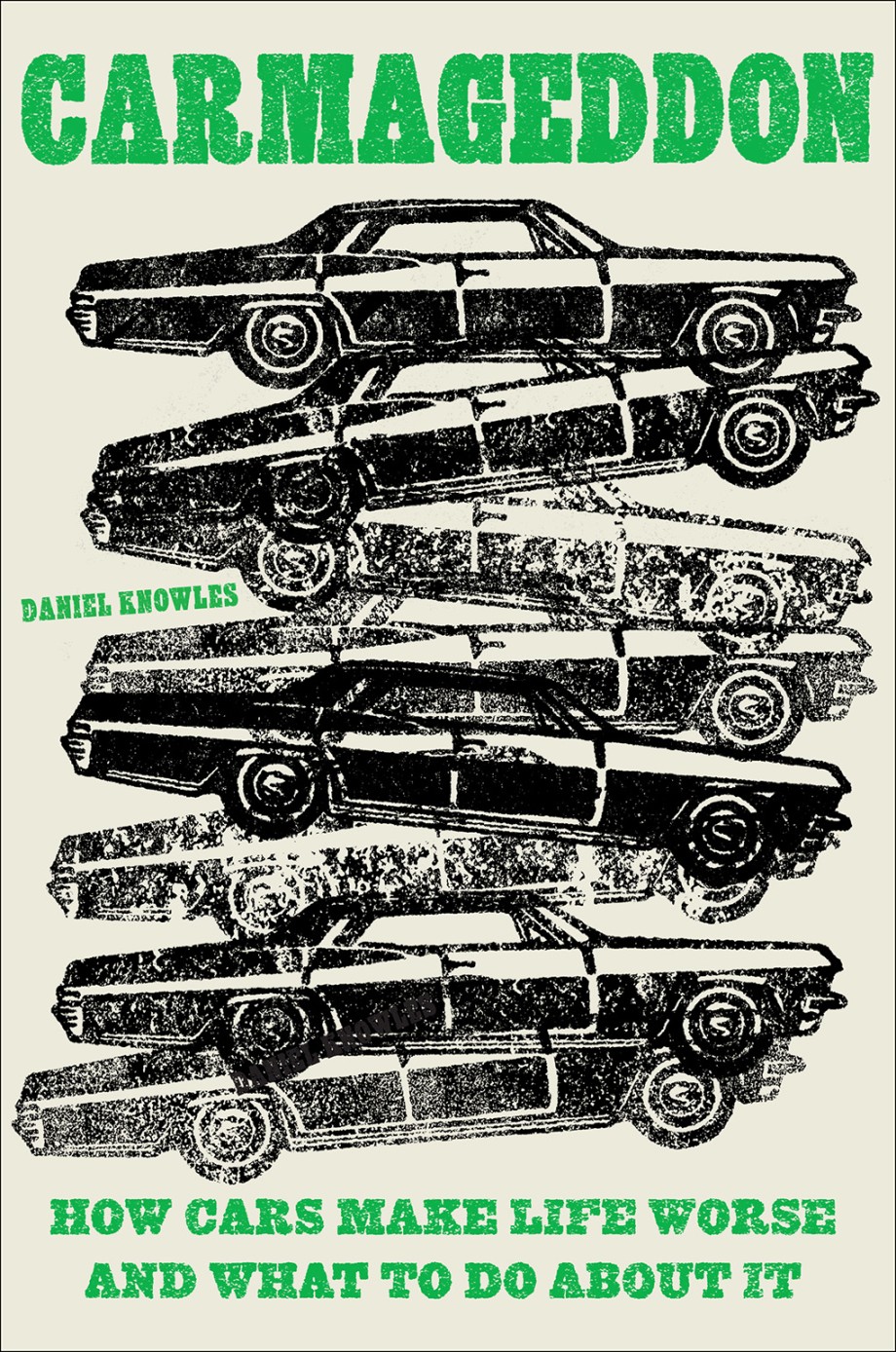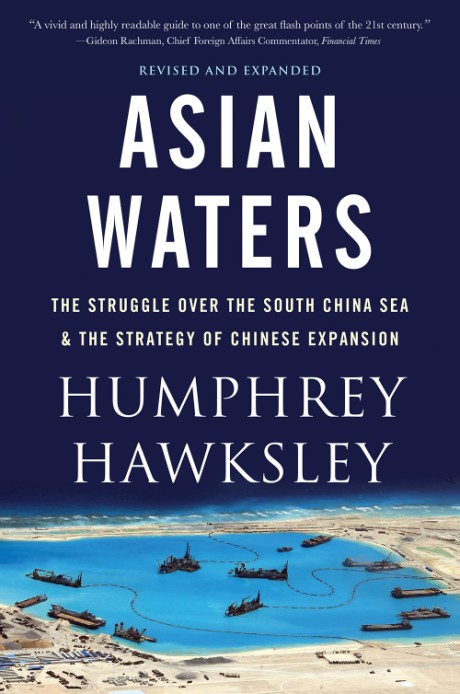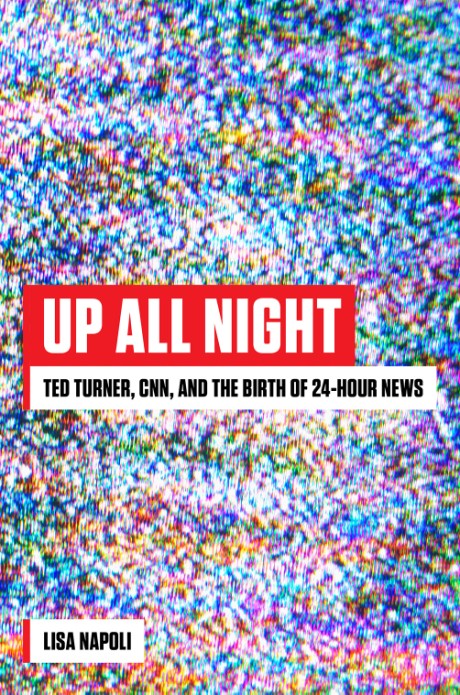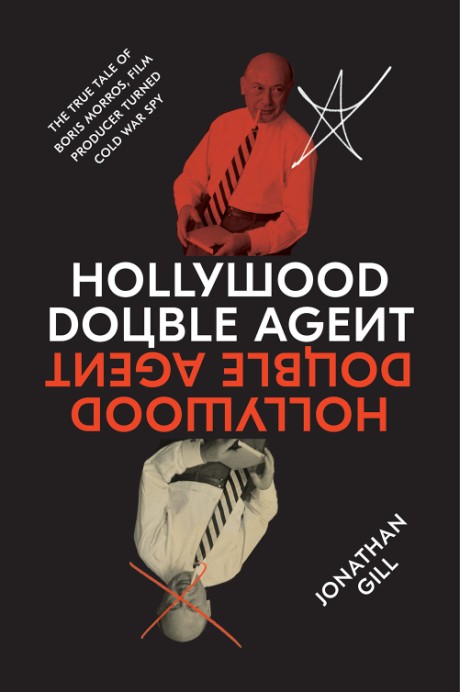A high-octane polemic against cars—which are ruining the world, while making us unhappy and unhealthy—from a talented young writer at the Economist.
“Briskly written, well researched, and with a knack for landing the significant statistic right after the crisply summarized argument.” —The New Yorker
The automobile was one of the most miraculous inventions of the 20th century. It promised freedom, style, and utility. But sometimes, rather than improving our lives, technology just makes everything worse. Over the past century, cars have filled the air with toxic pollutants and fueled climate change. Cars have stolen public space and made our cities uglier, dirtier, less useful, and more unequal. Cars have caused tens of millions of deaths and injuries. They have wasted our time and our money.
In Carmageddon, journalist Daniel Knowles outlines the rise of the automobile and the costs we all bear as a result. Weaving together history, economics, and reportage, he traces the forces and decisions that normalized cars and cemented our reliance on them. Knowles takes readers around the world to show the ways car use has impacted people’s lives—from Nairobi, where few people own a car but the city is still cloaked in smog, to Houston, where the Katy Freeway has a mind-boggling 26 lanes and there are 30 parking spaces for every resident, enough land to fit Paris ten times. With these negatives, Knowles shows that there are better ways to live, looking at Amsterdam, Copenhagen, Tokyo, and New York City.
Praise
“A serious diatribe against cars as agents of social oppression, international inequality, and ecological disaster . . . briskly written, well researched, and with a knack for landing the significant statistic right after the crisply summarized argument.”New Yorker
—
“‘Carmageddon’ is one of the first [books] to show how America’s ingrained car culture is spreading globally to disastrous effect. Knowles also delves deep into issues that were long ignored in the broader car conversation, namely how adversely the car and its externalities...affect people of color and the poor.”San Francisco Chronicle
—
“My appetite for the arguments ‘Carmageddon’ makes, and the types of information it presents, is high. It’s well-written, sliding casually between research findings, the historical literature, journalistic observations from across the globe and personal experience.”Washington Post
—
“Knowles offers a fresh look at the impact of the automobile . . . Readers will find this perspective enlightening and make them pause the next time they think of hopping in their cars.”Booklist
—
“[A] high-spirited jeremiad . . . sharply argued and solidly supported.”Publishers Weekly
—
“A punch account of how our cities became clogged with cars, and how myopic policies keep them that way.”
—Financial Times, “Best Books of the Summer”
“Nimble, engaging, and persuasive . . . Carmaggedon is especially effective in exposing the extant harm that automobiles pose to pedestrians.”Jacobin
—
“Knowles . . . builds a comprehensive case against cars and the central role we have given them in our society. Carmageddon carefully runs through history to explain how we radically restructured our cities to make room for cars, what we sacrificed in the process, and where we can look to see how to fix these mistakes.”Streetsblog Chicago
—
“In Carmageddon, Daniel Knowles takes us on a tour of the world’s auto-dependency, showing us how our day-to-day lives have been mercilessly captured by the need to use automobiles for almost every task—and serve their ever-growing needs through aggressive highway construction and unwalkable land uses. Knowles makes the case that we need a better way to get around, and argues that we need to reshape our cities and our lives in the process. In the context of our climate crisis and the desire of billions around the globe to live in places with a higher quality of life, Carmageddon is a clarion call for change.”Yonah Freemark, senior research associate in the Metropolitan Housing and Communities Policy Center
—
“Our cities are at a critical turning point, facing cumulative crises fueled by how badly we’ve surrendered our future to more and bigger cars. We all need to know the REAL costs and consequences of the car dependency we’ve built, ironically in the name of ‘freedom.’ That’s why this book is so badly needed right now. It’s smart, thorough, engaging, quotable, and persuasive!”Brent Toderian, global advisor on better cities and former chief city planner for Vancouver, Canada.
—









